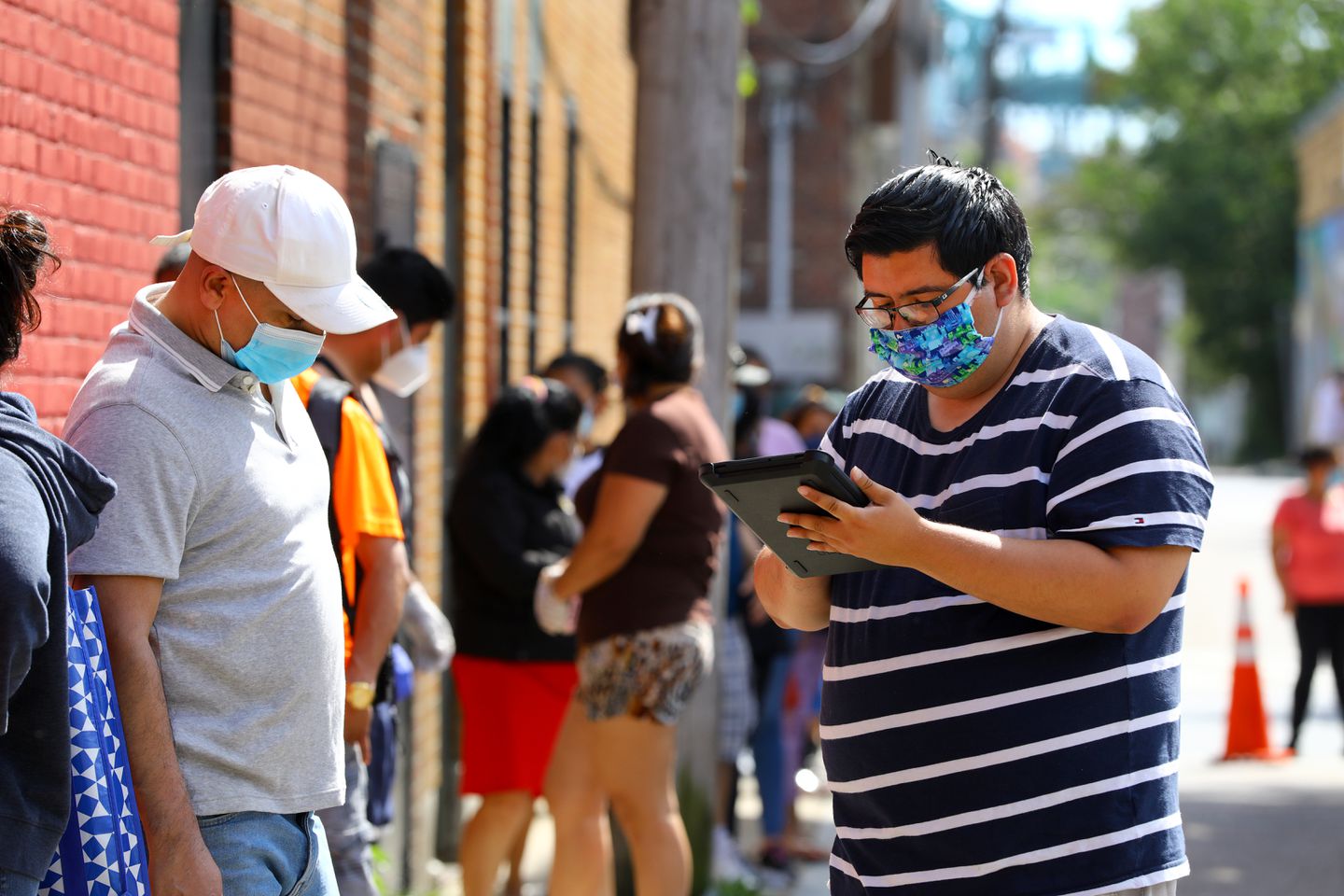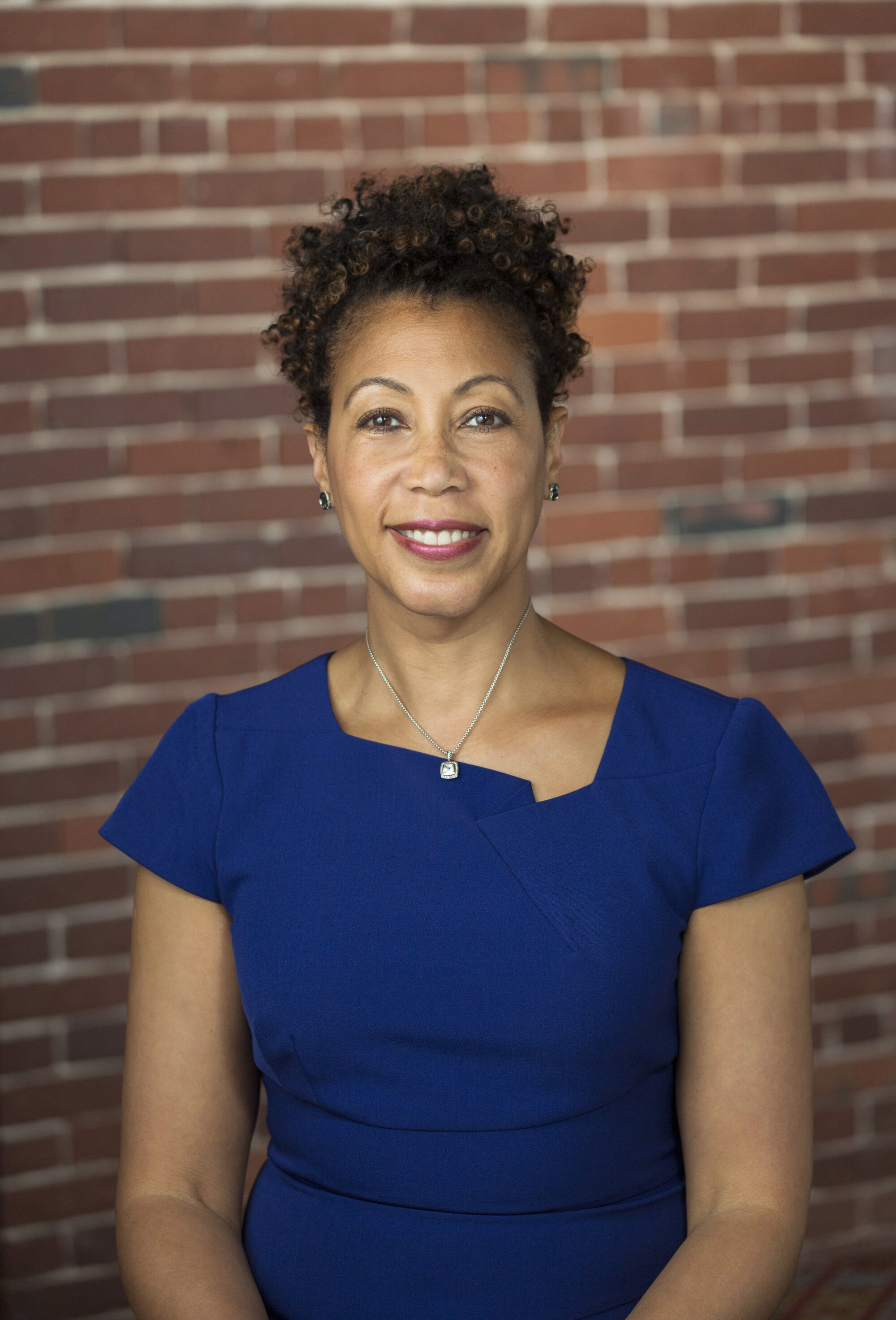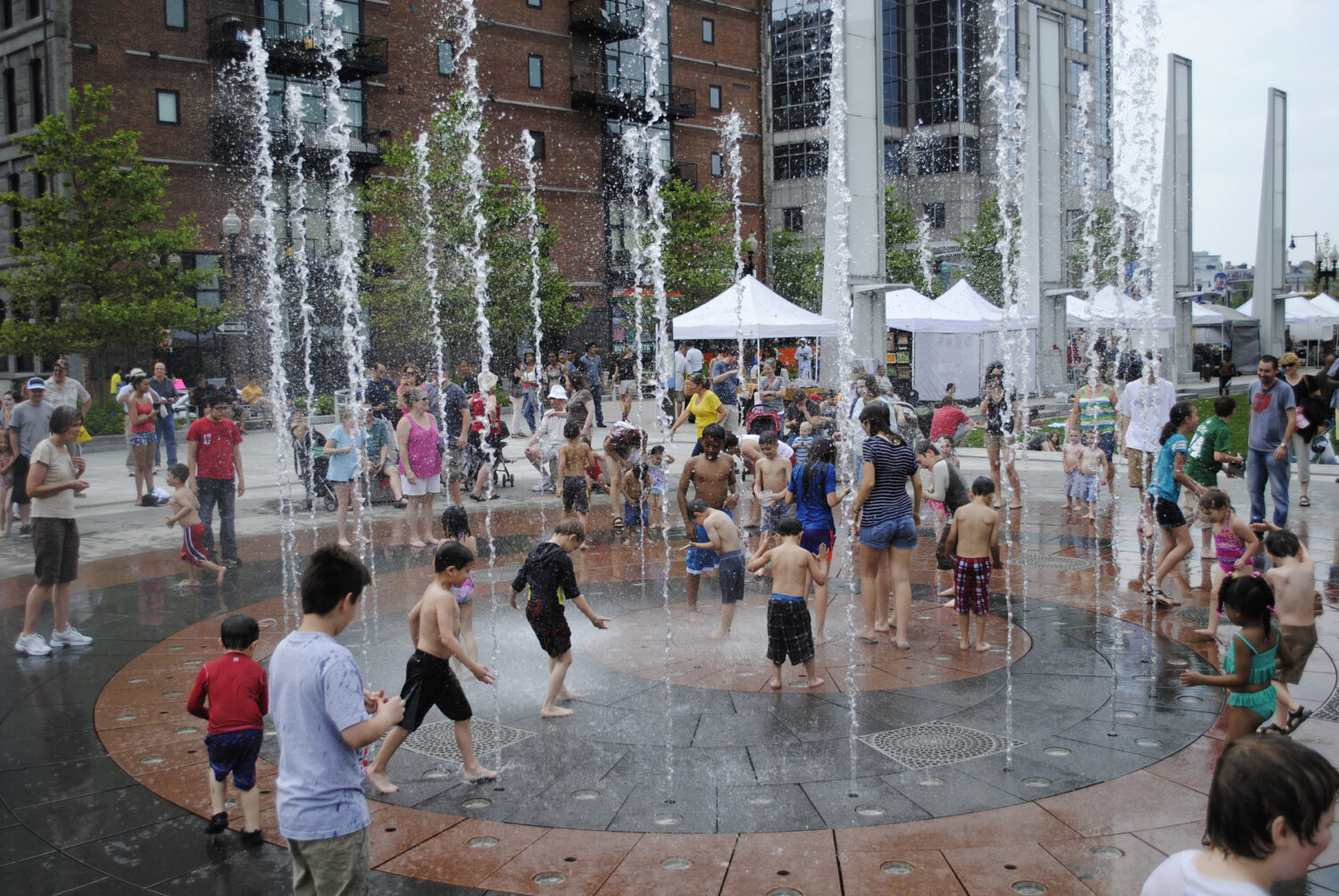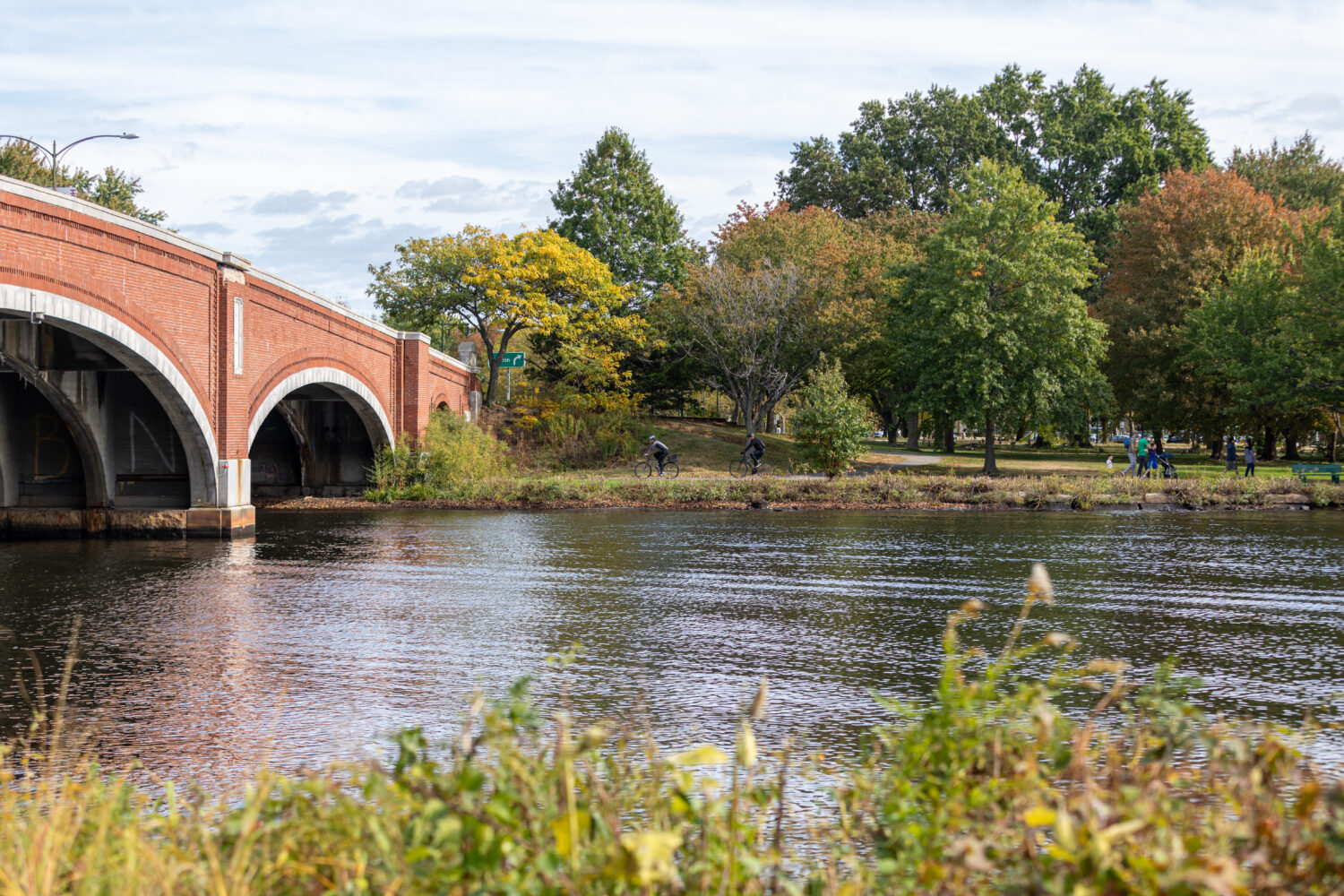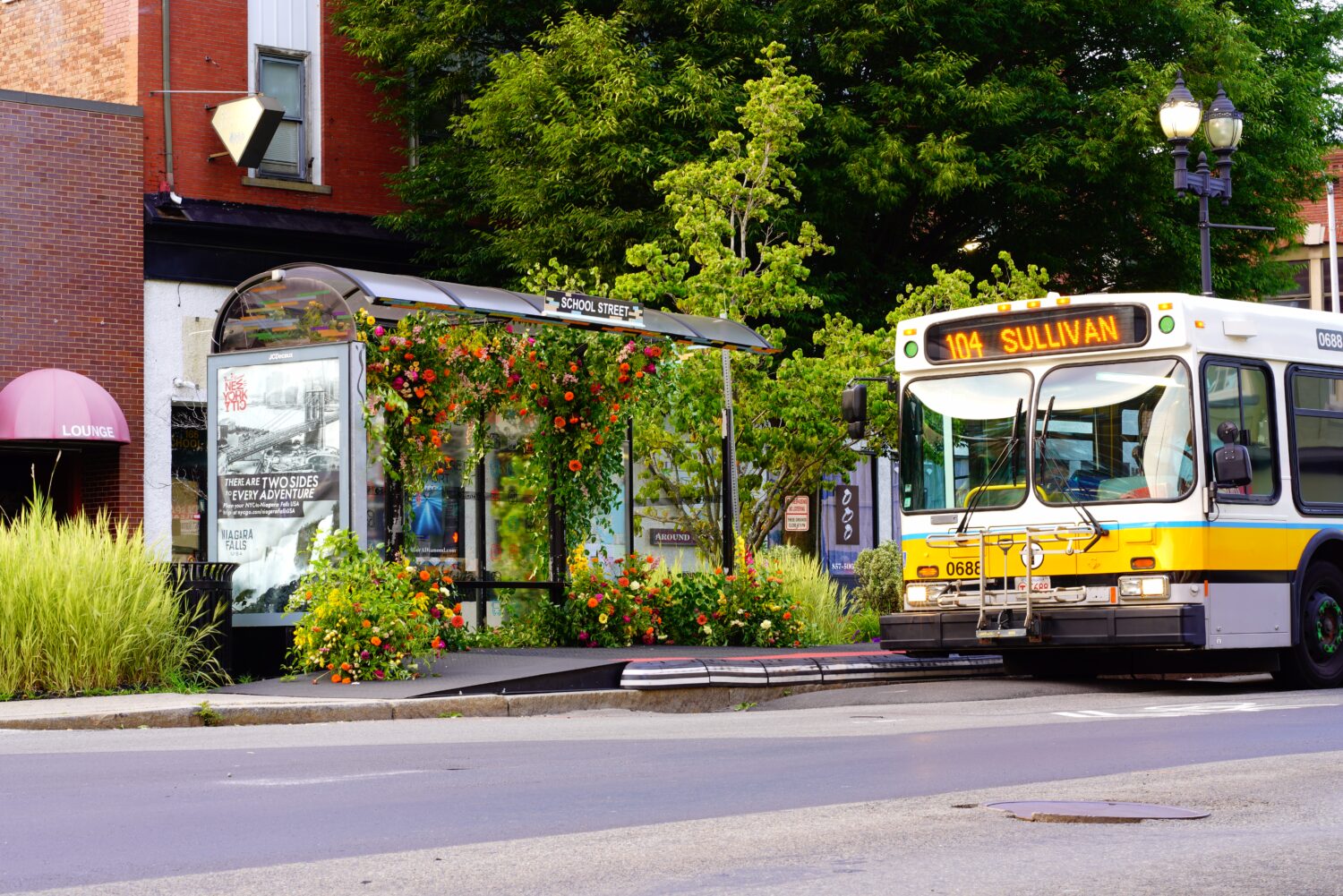Over the last several months, Barr’s President Jim Canales has been sharing through a COVID-19 blog series how the Foundation has been navigating the pandemic. These blogs have communicated three rounds ofCOVID-19 grantmaking, including contributing to local emergency funds and community foundation relief efforts; supporting immigrant-serving organizations; and supporting organizations serving black communities. In addition, they have emphasized how the majority of Barr’s grantmaking has and will remain in our core areas of Climate, Arts & Creativity, and Education. And, that teams like ours are aiming to demonstrate the flexibility and responsiveness that this moment demands of all of us. Below, we share what this has meant in the context of our Climate Program – with details on what we’ve learned from our grantees, and how we’ve been responding.
A Phased Approach
The Climate team is centering flexibility and equity in our evolving work. And, we’re thinking of our work in phases as the pandemic evolves. The phases we have identified are to: 1. Respond to immediate community and partner needs; 2. Recover from the damage and evaluate the medium- and long-term impacts; and 3. Reimagine & Rebuild, pushing for creative solutions for how to build back better. There are no hard and fast timelines for these phases, and the work in multiple phases may overlap.
Listening and Responding to Grantee Needs
COVID-19 has challenged us to adapt our priorities and to find effective ways to support our grantees. In the initial months of the pandemic, we engaged with grantees through direct conversations and an online survey to understand the impact that COVID-19 is having on them and their work. Not surprisingly, grantees with fewer resources and those focused on serving people of color and people in low-income communities are being impacted first and hardest. Other organizations are experiencing delays with policy-oriented work (as the state legislature and municipal decisionmakers are consumed with COVID-19 relief efforts), including those dependent on in-person engagement and door-to-door organizing.
The Climate team took a range of actions to respond to varying grantee needs, including:
- Immediate response grants for the most heavily-impacted grantee organizations that have pivoted to be frontline responders, assisting with services such as emergency housing and food distribution.
- Online trainings and convenings to support our grantees within a rapidly-changing and unprecedented context. These offerings have included communications trainings on how to adjust messaging to the COVID-19 context and resources on how to best conduct virtual engagements.
- Flexibility with grant outcomes and grant applications to help our grantees focus their time and attention on their work, not on paperwork. We restructured grants after listening to what organizations needed to be adaptable. We modified reporting requirements, waiving reporting entirely where appropriate. And, we streamlined the application process, so that we can get resources in the hands of organizations more quickly.
Focusing Recovery Efforts on the Hardest Hit Communities
We believe the COVID-19 recovery process needs to center those who have been most harmed by the pandemic. Like climate change, COVID-19 is disproportionately impacting people of color and the poor. According to a recent study by the Harvard T.H. Chan School of Public Health, people who live in regions with high levels of air pollution are 15% more likely to die from the virus than people who live in less polluted areas.
In Boston, Black people comprise 40% of the coronavirus cases yet just 25% of the population. Community organizers in Chelsea and other environmental justice communities see their hotspot status as a direct consequence of the environmental burdens they’ve been fighting for decades, and a recent analysis by the Massachusetts Attorney General backs that up. Across the state, the virus has hit low-income and communities of color the hardest due to pre-existing high rates of asthma and other respiratory illnesses that are connected to pollution.
Informed by data like this, our COVID-19 recovery efforts have focused on supporting grassroots organizations serving these communities hardest hit by the pandemic. Frontline organizations play a multitude of roles within their communities, and many grantees across all of the climate focus areas have mobilized. For example, recent grants to the Vietnamese-American Initiative for Development (Viet-Aid) and the Massachusetts Coalition for Occupational Safety and Health (MassCOSH) are helping the organizations move to remote operations and to address urgent organizational needs caused by the pandemic. Viet-Aid, which owns a building in the Fields Corner neighborhood, has become a food distribution site in coordination with the City of Boston, and hundreds of community members have sought out staff support to apply for unemployment assistance and other public benefits. MassCOSH is providing support to essential workers, as shown with its publication, “Covid-19 Tool Kit for Essential Workers” in English and Spanish. In addition, a grant to the New World Foundation is supporting a number of environmental justice and equity-focused organizations in Massachusetts as they re-shape how they work and push for change.
Reimagining as we Rebuild
While continuing to support immediate response and recovery, the Climate team is also working with our partners to reimagine a more sustainable future for all people. More than merely rebuilding what existed before, we share a vision for a recovery from COVID-19 that advances equity and climate action. Team-led efforts include organizing webinars, conducting polling, and engaging national and international practitioners to help us and our grantees shape the future. We are addressing some fundamental questions with this research: How do we find opportunity in disruption and imagine a future that is both green and equitable? How can we move solutions forward that are beneficial to public health, economic recovery, and our climate?
At the same time, we are deploying grants to help organizations and communities that are ready to start this rebuilding work. For example, a partnership with the Massachusetts Department of Transportation is offering local governments with technical assistance and funding to reorient their street and sidewalk space to meet needs related to physical distancing. This type of program helps jumpstart the economy by providing space for outdoor dining and commerce as well as gets people thinking differently about how much public space is allocated to people, rather than cars. It’s the type of partnership we’re excited about because it responds to our communities’ immediate needs while opening the door to longer-term solutions that work for people, support small businesses, and are good for the environment.
The reimagining and rebuilding work will lead us to support efforts that discourage a return to old paradigms. The potential is enormous, and COVID-19 has shown us that elected and community leaders can respond and transform systems quickly, and that we can all make changes that protect and strengthen our communities. Even in the midst of this challenging moment, our partners are inspiring us to be bold and to create a more sustainable and resilient future – one that centers communities that have borne for too long the high costs of the tired, old ways of doing energy and transportation.
